
Scientists explain shocking reality of what your brain sees right before you die
Death has always been one of humanity’s greatest mysteries. For centuries, philosophers, spiritual leaders, and scientists have wondered what exactly happens in the final moments of life. Do we see our lives flash before our eyes? Is there light at the end of a tunnel? Or does everything simply fade to black? Recent scientific research is beginning to shed light on this question, revealing a surprising and even shocking truth about what the human brain experiences right before death.
In 2022, neuroscientists conducted a groundbreaking study that recorded the brain activity of an elderly patient who unexpectedly passed away during a routine EEG scan. What they found astonished the scientific community. Just seconds before and after the man’s heart stopped beating, his brain displayed patterns of activity strikingly similar to those seen during dreaming, memory recall, and meditation. This suggested that, rather than shutting down immediately, the brain might enter a hyperactive state, replaying fragments of important memories and emotions.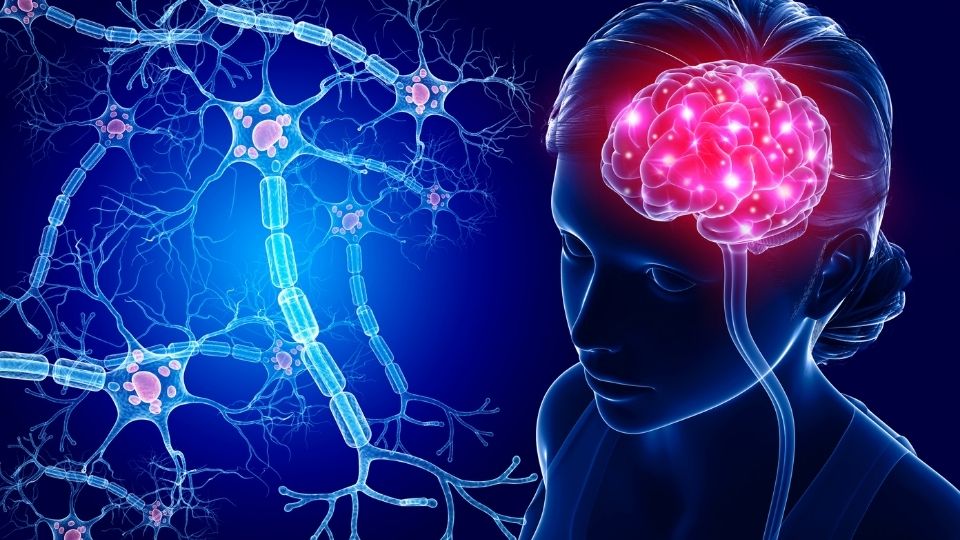
Scientists describe this phenomenon as a “life recall” experience—a sudden, vivid reactivation of the brain’s memory centers. It could explain why many people who have had near-death experiences report seeing their lives “flash before their eyes.” During this brief period, the brain appears to be reviewing a person’s most meaningful moments—childhood laughter, family faces, or acts of love and kindness. It’s as though the mind is offering a final summary of one’s existence before letting go.
Another fascinating discovery is the surge of gamma waves—high-frequency brain waves linked to consciousness and cognitive processing—that occurs at the point of death. Normally, these waves appear when we are highly focused or deeply aware. Their presence in the dying brain has led researchers to suggest that the moment of death might not be an instant of darkness but rather a state of heightened perception. Some scientists even propose that this could be the biological origin of the “bright light” often described by people who have been revived after cardiac arrest.
However, these findings also raise profound philosophical questions. If the brain remains active and conscious for a short time after the heart stops, where does the boundary between life and death truly lie? Could the final moments of awareness stretch longer than we think? Some researchers argue that consciousness might persist briefly as the brain’s neurons fire their last signals, creating a dreamlike experience that feels eternal to the dying person.
While science can measure electrical activity and brain patterns, it cannot yet explain the subjective experiences of those final moments. Near-death experiences often include sensations of peace, separation from the body, and encounters with deceased loved ones. Whether these experiences are purely neurological events or glimpses into another dimension of existence remains a mystery. What is clear, however, is that death may not be the silent, immediate void we once imagined.
In the end, these discoveries remind us of the remarkable power of the human brain—a machine capable of generating love, memory, and meaning even in its final seconds. Though the prospect of death may seem terrifying, understanding what happens in those moments can bring comfort. It suggests that, before the end, our minds may give us one last gift: a peaceful reflection on the life we have lived.
Science has not solved the riddle of death, but it has opened a window into the beauty and mystery of our last conscious moments. Perhaps the shocking reality is not one of fear, but of profound human connection—to memory, to emotion, and to the story of our lives itself.
News in the same category

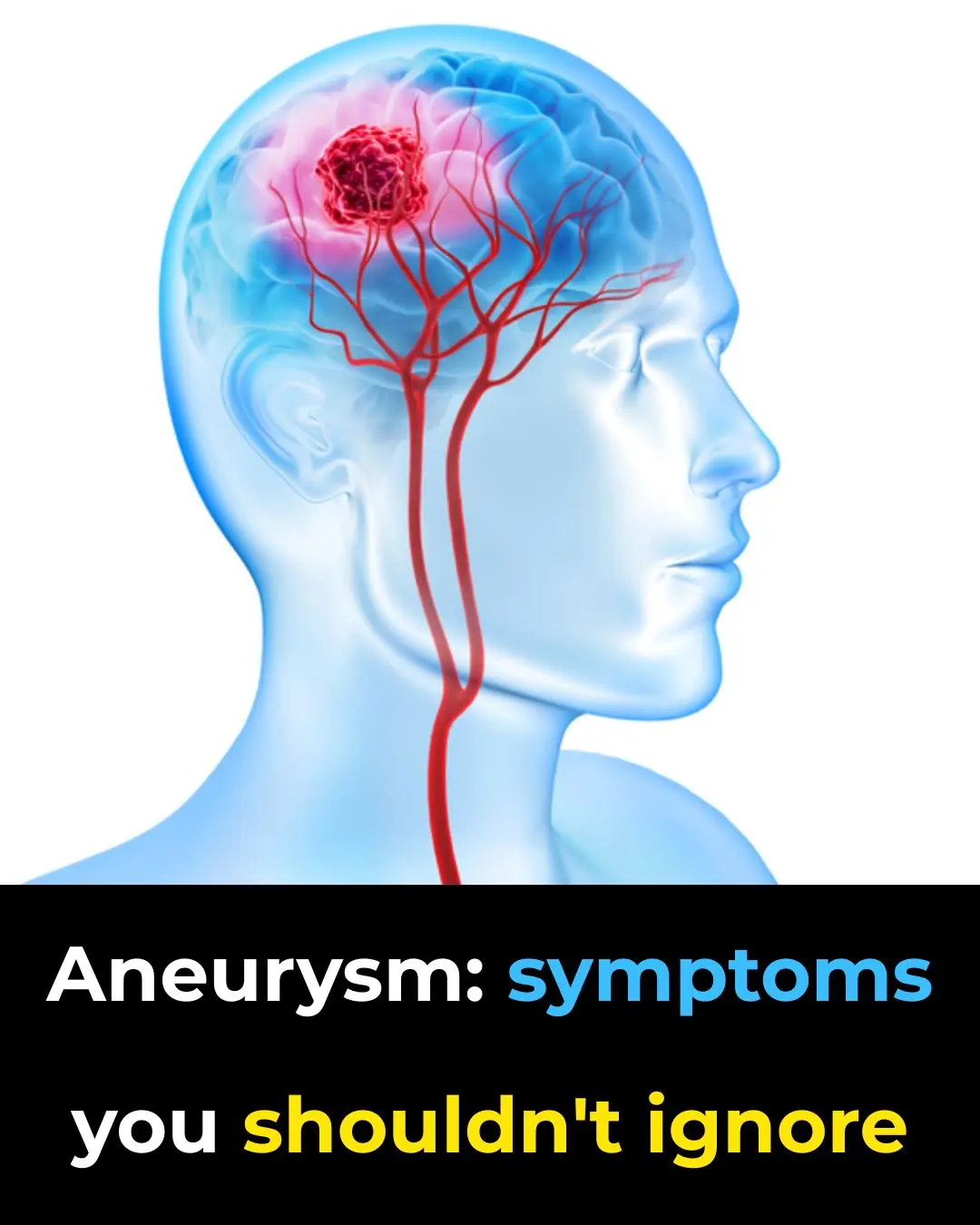
Warning Signs You Should Never Ignore: The Silent Symptoms of a Brain Aneurysm

Why drinking your sugar is more harmful for diabetes than eating it, study finds

Thyme Essential Oil Shows Signs of Killing Lung, Oral and Ovarian Cancer

How to cleanse your kidneys using this natural, home made drink

Science backs it up: 3 fruits that fight liver fat, regulate sugar and cholesterol

People whose mouths feel dry when sleeping at night need to know these 8 reasons

Neurologist Advises Ceasing Beer Consumption by Age 65

Drinking Water on an Empty Stomach: Japanese Water Therapy, What Science Says, and More
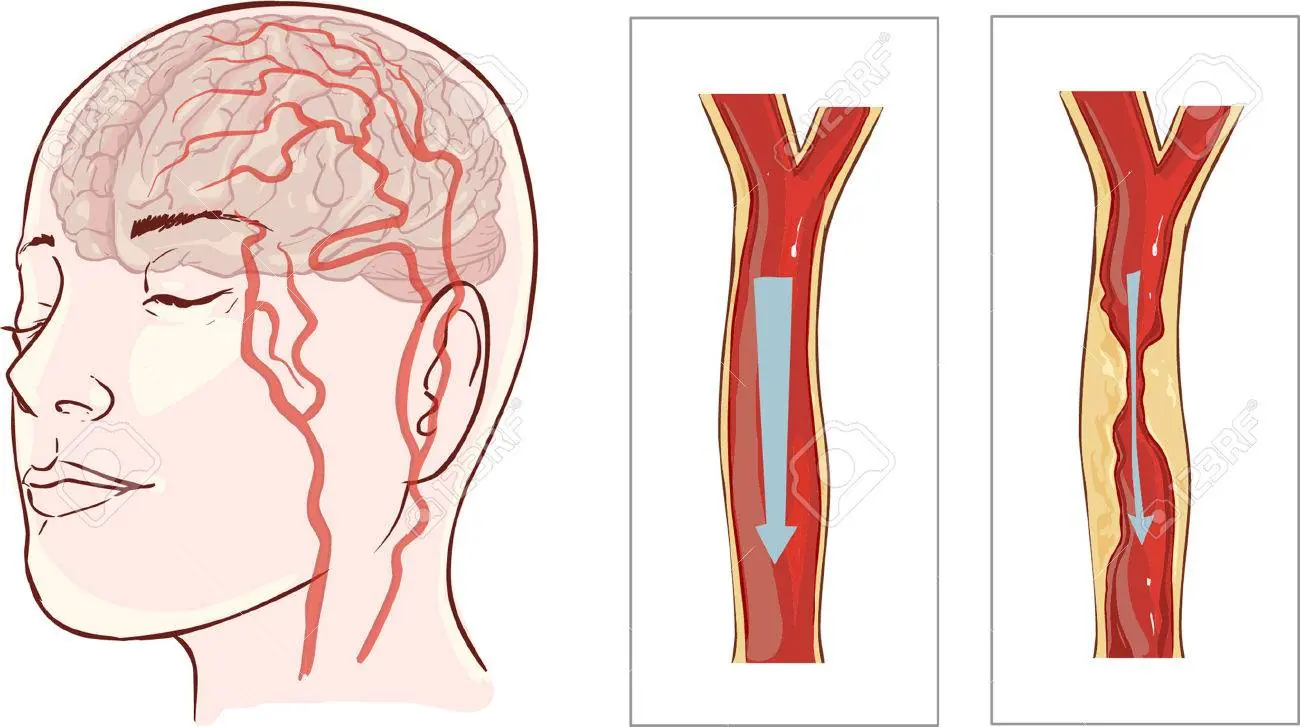
Eat This — It Opens Arteries to Your Heart and Brain

Eat this before bed? Doctors are stunned by the results

The Vitamin and Tea Combo Linked to Alzheimer’s Protection

The 7 Silent Causes of Poor Leg Circulation — And How to Fix Them Naturally

Early Signs of Kidney Disease & How to Protect Your Kidneys (Evidence Based)

1 cup a day takes joint pain away naturally

Feeling sluggish after meals? 7 natural ways to improve bile flow and boost digestion

Don’t ignore these 12 bizarre signs you need more vitamin B1!

Orange & Ginger Cleanse Juice for Kidneys, Lungs & Liver

Thyme: The Natural Remedy for a Variety of Health Problems
News Post

Eating Steamed Sweet Potatoes Every Day: A Woman Shocked by Her Liver Test Results

Warning Signs You Should Never Ignore: The Silent Symptoms of a Brain Aneurysm

Model Loses Both Legs After Toxic Shock Syndrome From Everyday Tampon Use

Before And After: Woman With Extreme Lip Enhancements Reveals Old Look

Tragic End: Georgia O’Connor Passes Away Weeks After Wedding Amid Medical Neglect

DIY Survival Water Filter: A Simple Life-Saving Tool You Can Make Anywhere
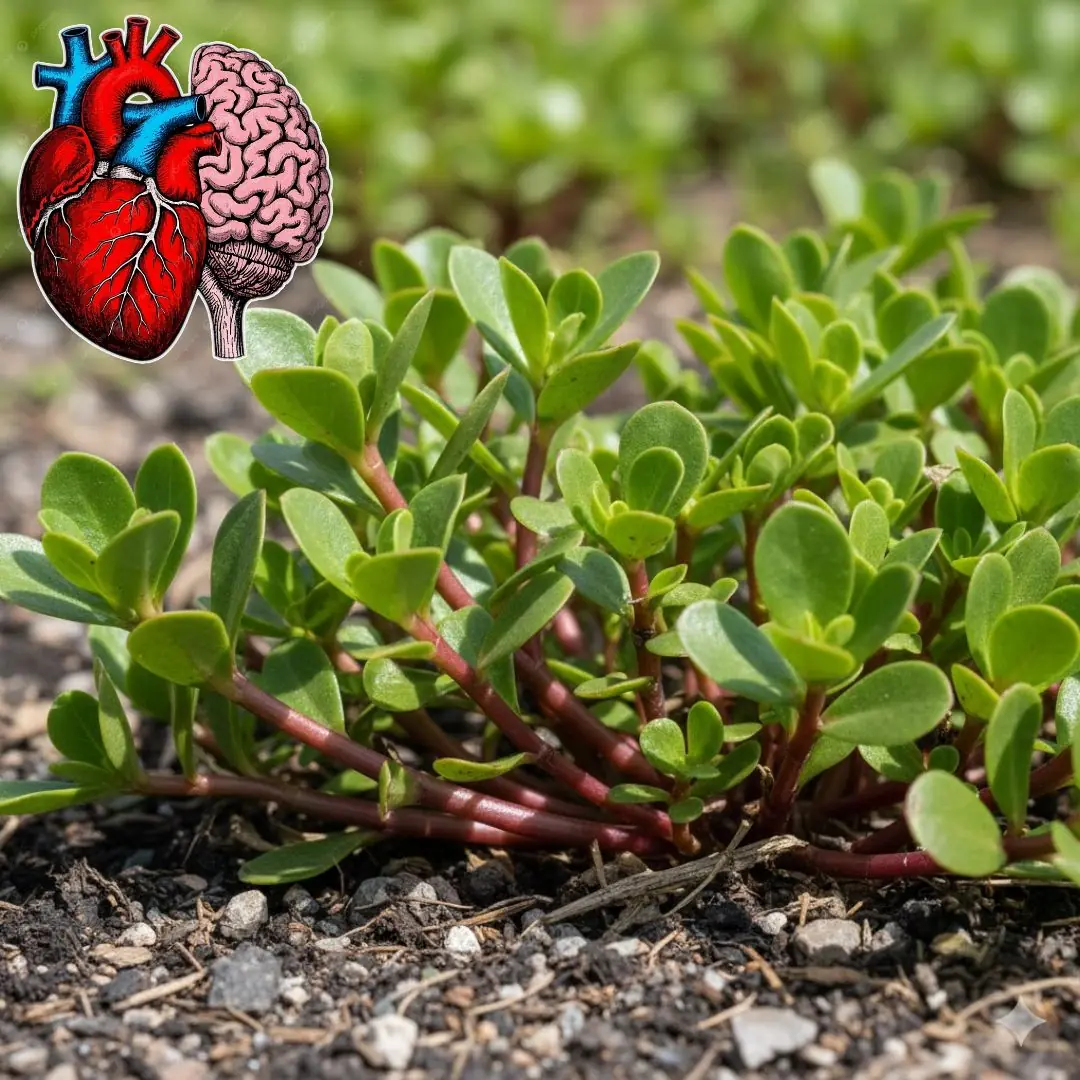
30 Powerful Reasons You Should Stop Ignoring Purslane

Why drinking your sugar is more harmful for diabetes than eating it, study finds

You are doing it all wrong. Here’s the right way to store leftovers

When a cat rubs against you, this is what it means
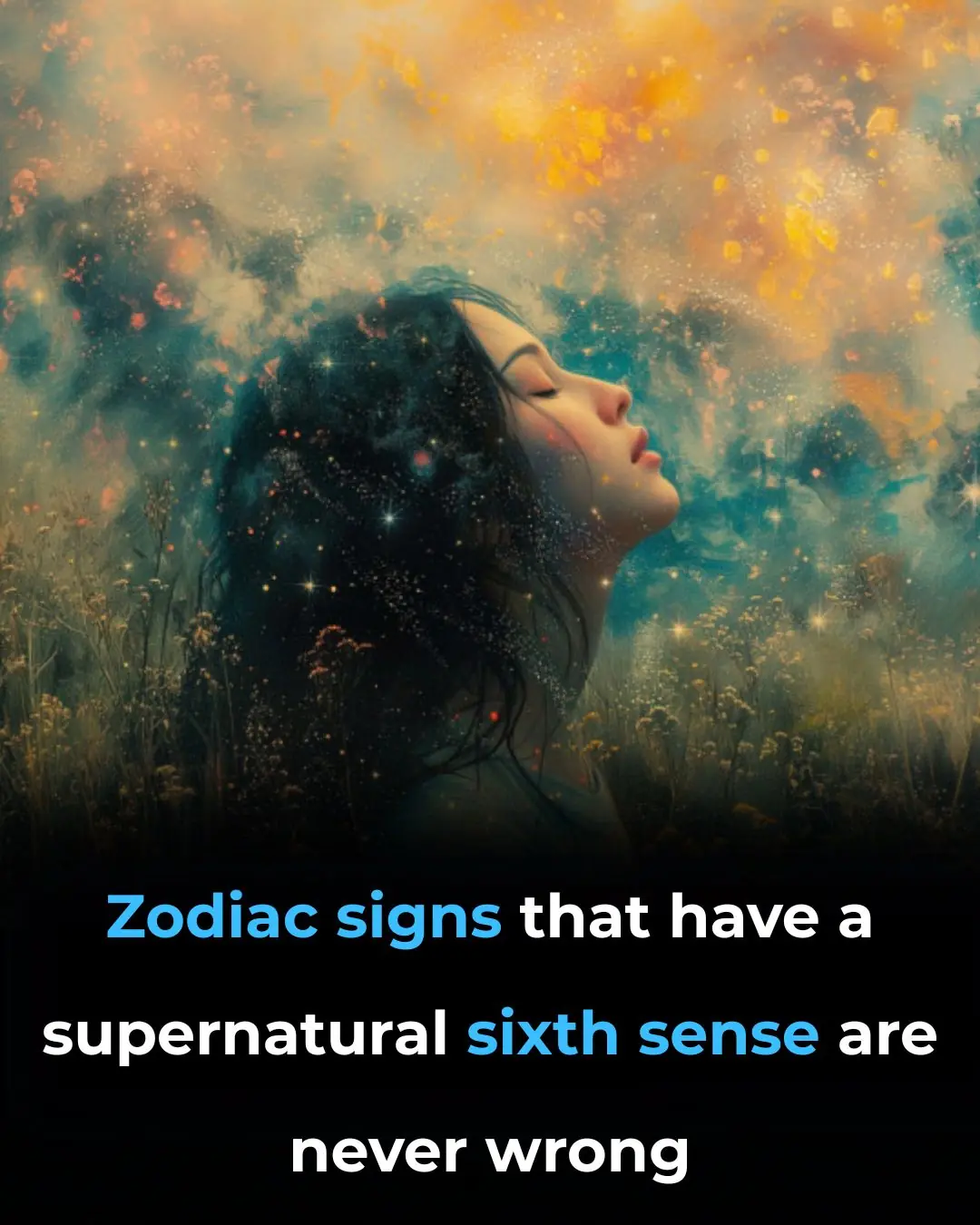
Zodiac Signs Most Likely to Have Prophetic Dreams

Ivy and Vinegar: A Safe and Natural Spray to Keep Pests Off Your Garden

Garlic, Honey, and Cloves – a powerful natural remedy packed with health benefits

Vinegar is the key to streak-free windows and shiny surfaces, but most use it wrong. Here's the right way to use it

Haven't heard that before

You are doing it all wrong. Here’s the right way to store leftovers

10 genius tricks to revive your garden patio

You are doing it all wrong. Here’s the right way to wash towels

They look so harmless
